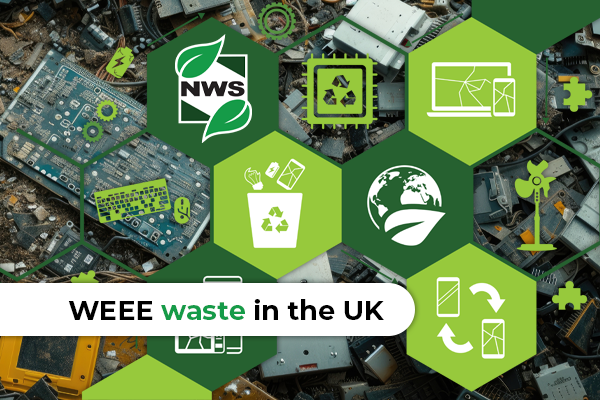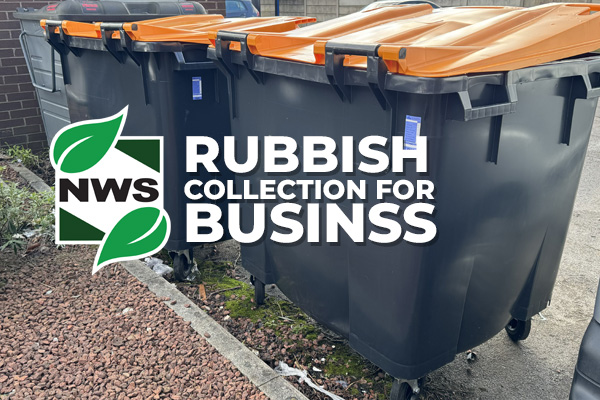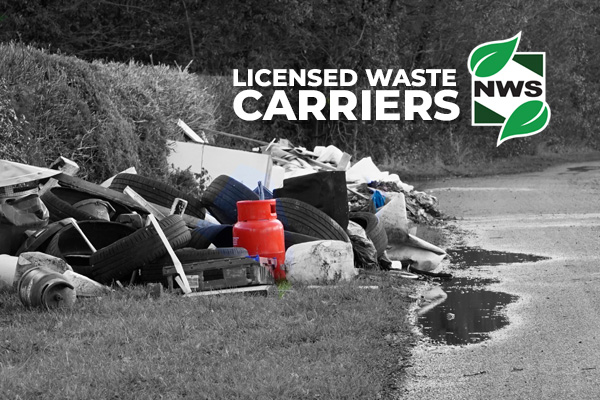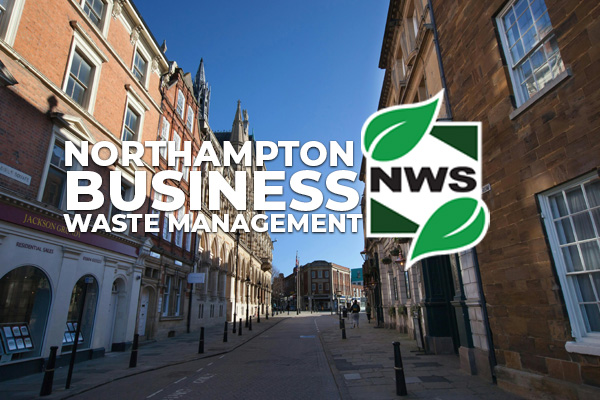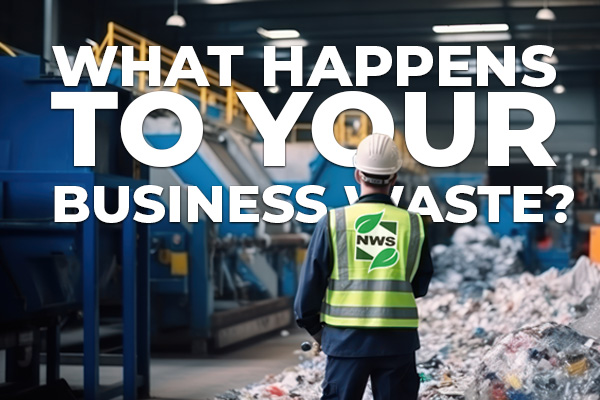On 21st October 2023, the Department for Environment, Food and Rural Affairs (Defra) unveiled its ambitious “Simpler Recycling” rules for England, marking a significant stride towards a greener, more sustainable future. These regulations, set to be implemented by March 2026, aim to streamline recycling efforts across the nation by introducing universal separate food waste collections and standardising recycling practices. While these measures promise substantial environmental benefits, they also entail adjustments for businesses operating in Mainland UK. In this article, we’ll explore the implications of these changes for businesses and offer insights into how they can prepare for the upcoming reforms.
Divergent Timelines: England vs. Wales
It’s crucial for businesses in Mainland UK to recognize that while the “Simpler Recycling” rules apply to England, Wales operates under separate legislation. While England is moving towards universal separate food waste collections by March 2026, Wales has its own set of regulations scheduled to come into force in April 2024. This disparity in timelines underscores the decentralised nature of environmental policymaking within the UK and necessitates tailored strategies for businesses operating across different regions.
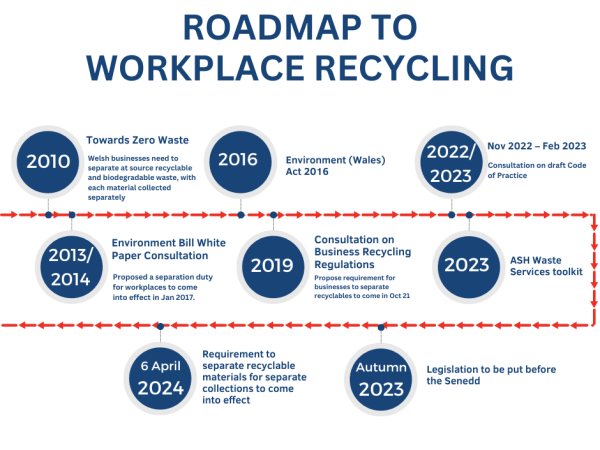
Preparing for Compliance
- Stay Informed, businesses must stay abreast of the evolving regulatory landscape and understand the specific requirements applicable to their respective regions Learn about “Simpler Recycling” Rules. Regularly monitor updates from Defra and relevant regulatory bodies to ensure compliance with the new recycling rules.
- Invest in Infrastructure, with separate food waste collections becoming mandatory, businesses may need to invest in infrastructure such as composting or anaerobic digestion facilities. Assess your current waste management capabilities and consider upgrading or expanding them to accommodate the new regulations.
- Employee Training and Awareness, effective implementation of recycling practices hinges on the active participation of employees. This should make implementing “Simpler Recycling” Rules easier. Provide comprehensive training programs to educate staff about the importance of recycling, segregation protocols, and proper waste disposal techniques.
- Collaboration and Partnerships, collaborate with the team at Nationwide Waste Solutions on your strategy for working with “Simpler Recycling” Rules We can coordinate recycling facilities, and local authorities to streamline waste collection and disposal processes. Establishing partnerships can facilitate the efficient handling of recyclable materials and ensure compliance with regulatory requirements.
- Adopt Sustainable Practices: Embrace sustainable practices beyond compliance obligations to demonstrate corporate responsibility and environmental stewardship. Explore opportunities to reduce food waste generation through improved inventory management, portion control, and donation programs.
Understanding the Importance of Recycling Food Waste
The decision to mandate separate food waste collections stems from the recognition of the significant environmental impact associated with sending organic waste to landfills. Decomposing food waste generates methane, a potent greenhouse gas that contributes to climate change. By diverting food waste from landfills and facilitating its conversion into compost or biogas through proper recycling methods, businesses can significantly reduce their carbon footprint and contribute to mitigating climate change.

Simpler Recycling Rules Summary
As Mainland UK embarks on the journey towards “Simpler Recycling,” businesses must proactively adapt to the changing regulatory landscape and embrace sustainable waste management practices. By prioritising compliance, investing in infrastructure, and fostering a culture of environmental responsibility, businesses can not only mitigate their environmental impact but also capitalise on the growing demand for eco-friendly products and services. Together, let’s pave the way for a greener, more sustainable future for generations to come.


